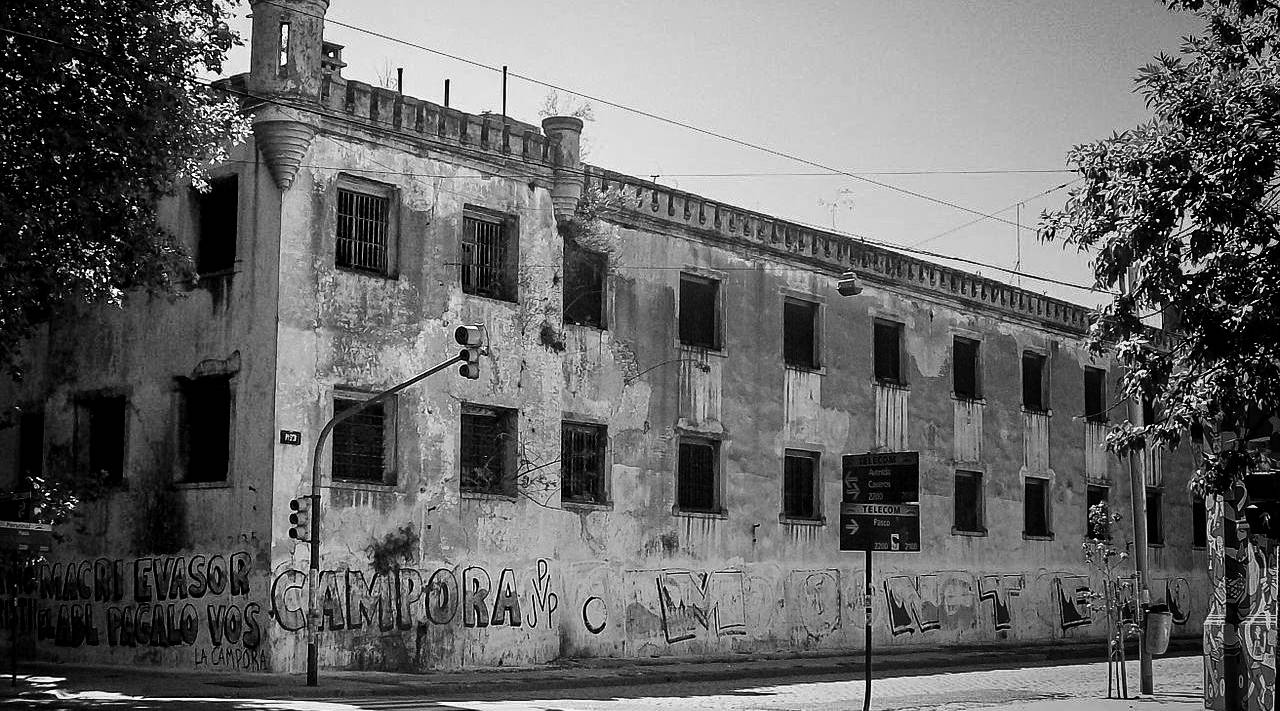
Argentina
Capital city — Buenos Aires
Country population
i2015Incarceration rate (per 100,000 inhabit…
i2014/ SNEEPType of government
Human Development Index
i2016/ UNDPName of authority in charge of the pris…
Total number of prisoners
i2014/ SNEEPPrison density
i2014/ SNEEPTotal number of prison facilities
i2015/ International Prison Observatory (OIP) in ArgentinaAn NPM has been established
Yescreated in 2014
Female prisoners
i2014/ SNEEPIncarcerated minors
i2014/ SNEEPPercentage of untried prisoners
i2014/ SNEEPDeath penalty is abolished
Yessince 2008
Contact with the outside world
Two weekly visits can be made if the visitor’s name appears on an established list. Abusive relocations, known as “calesita”, can send prisoners far from the family home, making visits difficult and weakening emotional ties.
Conjugal visits depend on the capacity of each prison. These visits are generally rare due to prison overcrowding. Inmates often improvise by using a tent on the lawn or visiting rooms. Intimate inter-prison visits can be made when both members of a couple are detained. The law on conjugal visits requires a sentimental attachment (marriage, cohabitation, or other) to be proven ongoing for a minimum of six months. These visits are twice monthly and last two hours. If the prisoner is detained more than 300km from the visitor, these visits can last five consecutive days, three hours a day, once a month. In each room there is a bed, a bathroom, and a heater, but no sheets or hygiene products. Occasionally the prison service provides condoms.
Telephone access and correspondence are allowed, but all communication can be monitored by the prison service. Privacy is given only during attorney interviews and in the visitation room for professionals.
Penal Code reform began in 2014 which included alternative sentencing such as house arrest, weekend arrest, community service, compensatory fines, compliance with judicial instructions, etc.
The government that took power in 2016 delayed the enactment of the reform to debate and modify certain items.
Public defence bodies vary between provinces. At the federal level, the Public Ministry of Defence is responsible for the defence of detained people. The Servicio Público Provincial de Defensa Penal is the corresponding entity in Santa Fe province and legal advisors (Asesores Letrados) in the province of Córdoba. The quality of public defence can vary widely from one province to another; for example, San Juan has the fewest public defenders.
The bar association of Buenos Aires offers assistance in criminal law matters for those with a net income of less than 2,300 USD per month. Dirección de Asistencia Jurídica Internacional del Ministerio de Relaciones Exteriores offers assistance to detained foreigners.
Habeas corpus petitions, individual or collective, have proven effective in situations involving serious violations of human rights. These can be initiated by the Procuración Penitenciaria Nacional (PPN) or by a civil association. On December 28, a Joint Corrective Habeas Corpus petition was filed because 61 prisoners from Wing 1 in Prison 37 of Baker, Buenos Aires, were suffering overcrowding, corruption, illness, hunger, maltreatment, and torture. After the filing, a number of inmates were punished with isolation or transfers.
Law N ° 26.827, detailing the mechanism prevention of torture and cruel, inhumane, and degrading treatment, has not yet been implemented.
The Ombudsman has been an interim counsel for the last three years. Due to political differences, the Bicameral Commission for the National Congress has not convened to nominate an official one.
The PPN has had the same head for the past 16 years and has principal authority in the Federal Penal System (SPF).